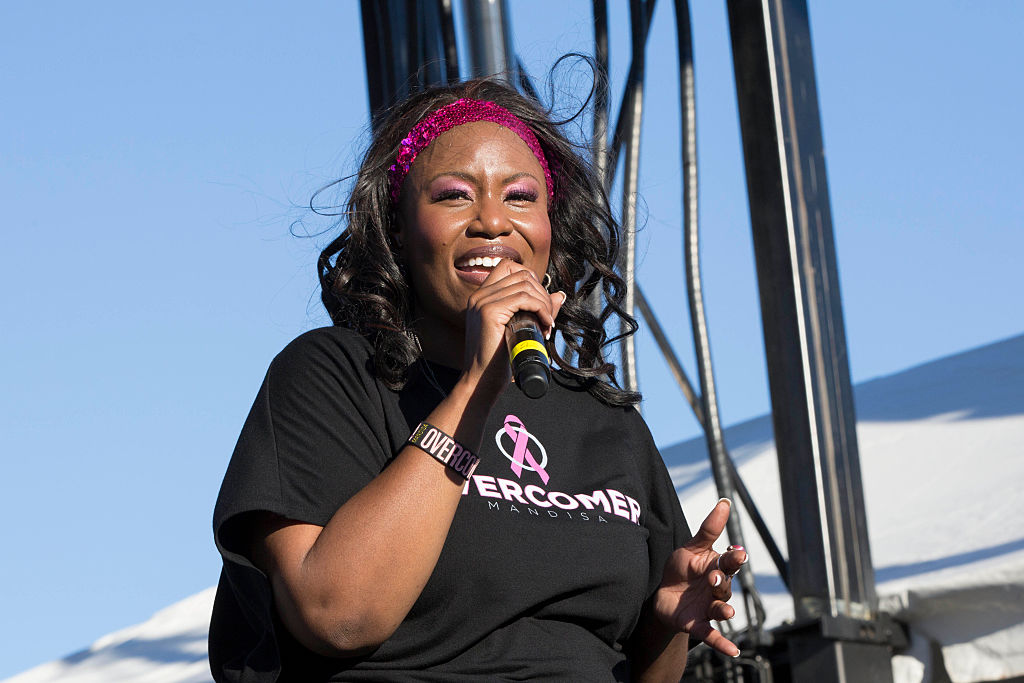All the important folks in the world of black filmmaking will be in one place this week – Miami. The 16th American Black Film Festival takes place there from Wednesday through Sunday and if you have any interest in black film, you should be there, too. Tracee Ellis Ross is this year’s ambassador and will be onsite as filmmakers from around the world showcase their films.
In the past 16 years, luminaries such as Halle Berry, Denzel Washington, Angela Bassett, and just about every other working black actor have all headed down to Miami. (The notable exceptions – Will Smith and Eddie Murphy.) This year, Boris Kodjoe, Omari Hardwick, Rockmund Dunbar, Malinda Williams, S. Epatha Merkerson, Mekhi Phifer, Jesse Williams, Lance Gross, Robert Townsend and others will be in attendance.
The opening film, “Beasts of the Southern Wild,” about a black family on the verge of run in the South and the closing film, “Raising Izzie,” about a teacher who tries to help her students after finding out their plight, are both already receiving their share of critical acclaim. But festival founder Jeff Friday says that at ABFF, it’s not the films themselves that are the most important part, but the community of filmmakers that are drawn to the festival.
“Our purpose is a little different,” says Friday, a former advertising executive who helped create the Acapulco Black Film Festival, ABFF’s predecessor. “Journalists are comparing us to Toronto and Cannes and Sundance [film festivals]. Every festival does not have the same mission. Our festival was never about having a breakout film. Our festival was always about connecting those outside the business to film. Our motto is finding ways to educate people while they’re there.” Friday cites the annual competitions – like the HBO Short Film competition, the GMC Network Faith and Family screenwriting competition and this year’s Webisode Challenge as proof that the ABFF is about creating opportunities for filmmakers in various ways.
In fact, “Raising Izzie” was written by David Martyn Conley, a screenwriter who won last year’s ABFF screenwriting competition. Friday also says that filmmakers Will Packer and Rob Hardy got widespread exposure through ABFF with their feature debut “Trois,” which they convinced Friday to add to the festival though they turned the film in past the submission deadline. It’s these kinds of stories that Friday believes makes his festival special.
“The contests are about finding a platform for people who don’t know how to have a career. There are not a lot of working black actors compared to our general market counterparts. We break out people, we don’t break out films. That’s really what this whole festival is about – finding a platform for people to discover their talents.”
Distribution remains a challenge for most black films, Friday says. But the advent of the Internet and the wealth of black TV networks means that filmmakers can now seek revenue in other ways. Thus, the Webisode challenge which seeks to find new talent in web-only productions. While the ABFF may not have films that end up with theater distribution as happens to mainstream films at Toronto, Cannes and Sundance, they may broker a deal for television licensing, which can ultimately prove more lucrative.
“The future of filmmaking is on television,” Friday says. “Most of our films are purchased not for theatrical release but for television. Magic Johnson has a new channel called ASPIRE. We have a show called ABFF Independent which will feature independent films hosted by Omari Hardwick. Many of the films coming to our festival will end up on digital platforms or on TV. The television world is expanding. There are a lot more buyers than two years ago and a lot more places to showcase films. These films will find a home. They just might not be in a theatre near you.”
For tickets and information go to www.abff.com.
















